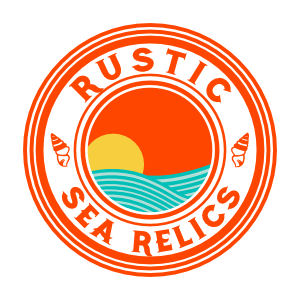This article explores the best mulch for Florida garden and landscaping. Learn how to make an informed choice that will promote healthy plant growth and enhance your garden beds.
When it comes to maintaining a lush and vibrant Florida landscape, the right type of mulch is a critical decision for your landscaping project.
Most people choose mulch based on visual appeal.
Cypress mulch, pine needles, various wood-based choices, and more are readily available at your local home center.
The variety of mulch choices confuse people.
So today, I demystify mulch and reveal the best mulch for Florida.
Tools for Garden Mulch
Garden Tool SetEdger for Garden
Weeder Fork Tool
Leaf Grabber
Pro Leaf Blower
Talstar P
Best Weed Control
Best Mulch for Florida Homeowners
The climate in different regions of Florida—North, Central, and South—varies significantly due to factors such as latitude, distance to the coast, and local geography.
These climate variations have a direct impact on the selection of garden mulch.

Factors such as temperature changes humidity, amount of rain, and potential frost play a significant role in choosing the right mulch for your garden.
In the scorching summers of Florida, mulch acts as a protective barrier against water loss from evaporation.
As a result, this ensures your plants receive the moisture they need to thrive.
Choosing mulches that address these specific climate-related challenges will help you create a more vibrant garden that thrives in your particular area of Florida.
When selecting garden mulch in Florida, it’s essential to consider the unique climate of each region.
North Florida
North Florida experiences more seasons compared to the rest of the state.
Winters can be cooler with frosts and even freezes.
Summers are warm and humid, but temperatures are generally milder compared to South Florida.
North Florida Mulch Considerations:
- Freezing Temperatures: Since North Florida can experience colder temperatures, using a mulch that provides better insulation, such as pine straw or pine bark mulch, can help protect plant roots from frost.
- Moisture Retention: Mulches like hardwood mulch and pine straw can help retain soil moisture during the drier periods of summer.
- Weed Control: Invasive weeds can still be a concern, so mulches that effectively suppress weed growth, like cypress mulch or pine straw, are good choices..
The best mulch for north Florida is pine straw.
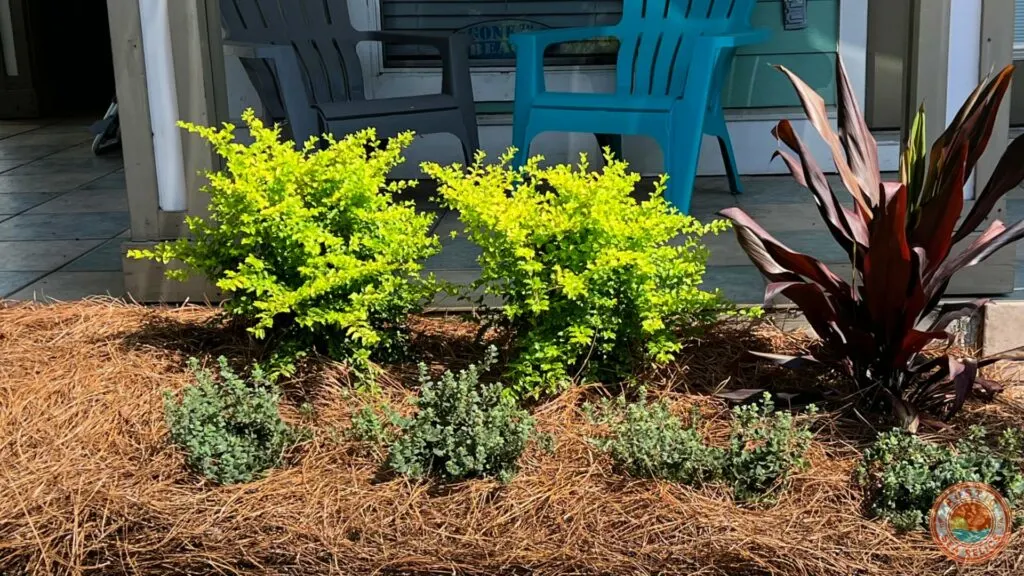
Central Florida
Central Florida has a milder climate than North Florida, with fewer temperature extremes.
Summers are hot and humid, while winters are generally mild and frost is less frequent.
Central Florida Mulch Considerations
- Moisture Management: Central Florida’s hot and humid climate requires mulches that retain soil moisture, making options like pine straw and hardwood mulch beneficial.
- Heat Tolerance: Mulches that can help regulate soil temperature, like cypress mulch or pine bark mulch, are helpful during the hot summer months.
- Weed Suppression: Since the climate is conducive to weed growth, mulches that effectively suppress weeds and prevent weed germination are essential.
The best mulch for central Florida is cypress mulch. Pine mulch is also a great option.
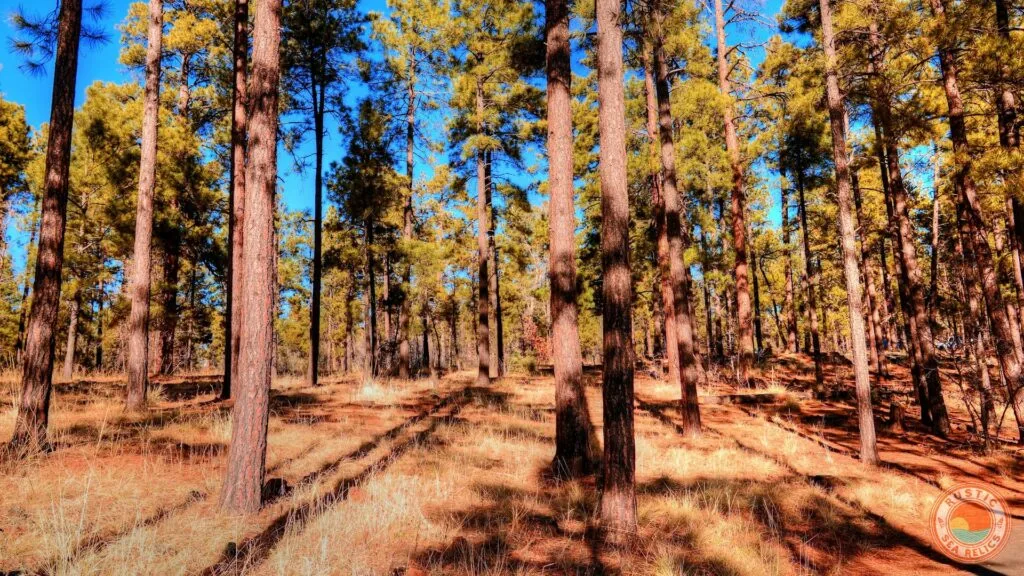
South Florida
South Florida has a tropical climate characterized by warm temperatures year-round, high humidity, and the potential for heavy rainfall during the wet season.
Frost is rare in South Florida.
South Florida Mulch Considerations:
- Moisture Management: With frequent rain and high humidity, choosing mulches that allow for proper drainage, such as pine bark mulch or wood chips, can prevent waterlogged roots.
- Heat Regulation: Mulches that help regulate soil temperature, like cypress mulch or pine bark mulch, can protect plants from overheating during intense sunlight.
- Salt Tolerance: Coastal areas may require mulches resistant to salt, like pine straw or eucalyptus mulch.
- Pest Deterrence: South Florida’s warmth can attract pests, making mulches with natural pest-repelling properties, like eucalyptus mulch, valuable.
The best mulch for south Florida is eucalyptus mulch.
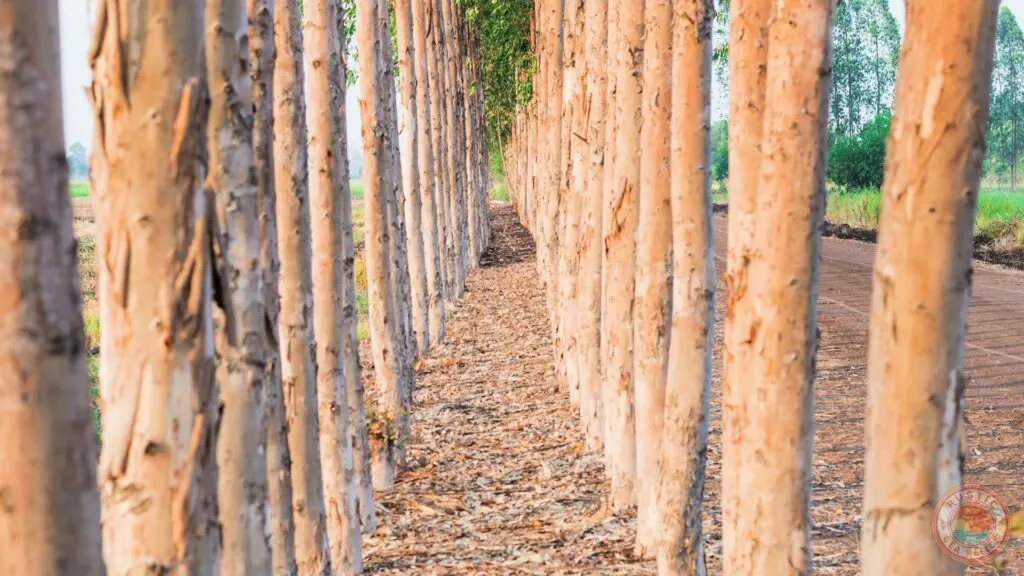
Importance of Mulch in Florida Gardens
Mulching not only create visually appealing gardens and landscape beds , but it also provides your plants with the optimal environment for growth.
From regulating soil temperature to conserving soil nutrients and moisture, mulch offers a range of benefits that contribute to the overall health of your garden beds.
In the scorching summers of Florida, mulch acts as a protective barrier against water loss from evaporation.
In turn, this ensures your plants receive the moisture they need to thrive.
Common Mulches in Florida
In general, there are 2 types of mulch: organic and inorganic.
Organic mulch material naturally decomposes. Inorganic mulch, such as rubber mulches and synthetic fabrics, do not decompose naturally.
Ultimately, organic mulch is the best choice when planting beds. The list below contains all natural mulch with the exception of the last 2 on the list.
Pine Straw Mulch
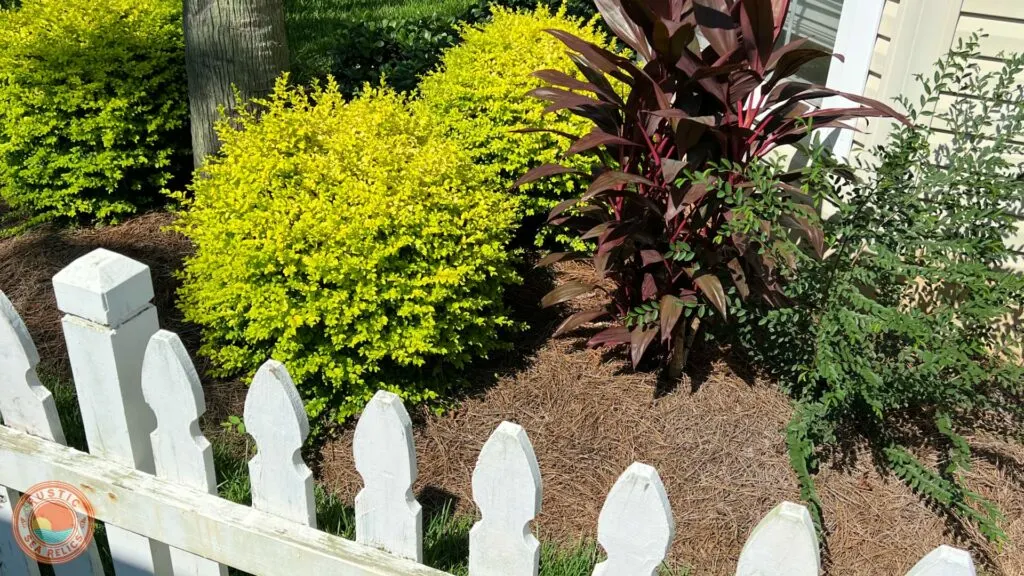
Pine needle mulch is another excellent option for flower beds and garden beds.
In fact, this is the best mulch for Florida all around.
It offers a natural look and acidifies the soil over time, making it a great choice for acid-loving plants such as azaleas and camellias.
Furthermore, pine plantations with thousands of pine trees produce most of the pine straw.
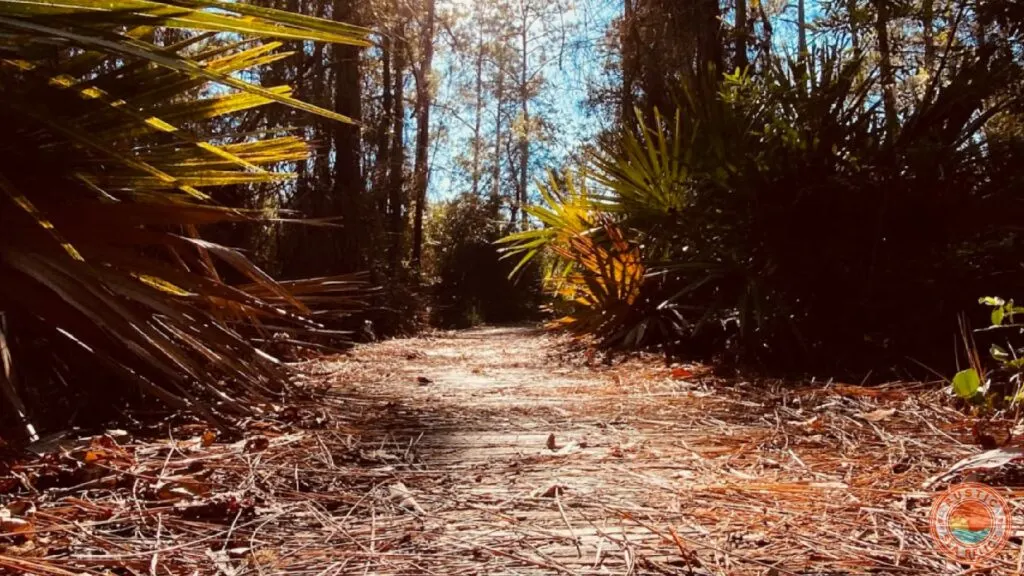
Cypress Mulch
Cypress mulch, derived from cypress trees, is a popular choice in Florida.
The picture below contains Cypress trees surrounding Cypress Spring in Vernon, Florida.
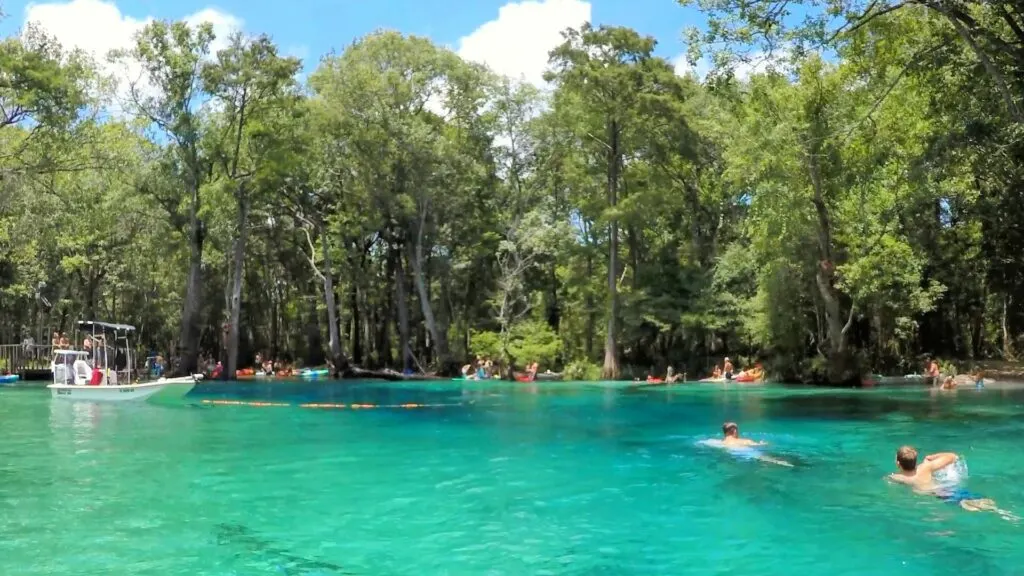
It has a natural resistance to decay, which makes it suitable for areas with heavy rains and high humidity.
In addition, it’s particularly well-suited for flower beds and landscaping beds where moisture retention and pest control are important.
Cedar Mulch
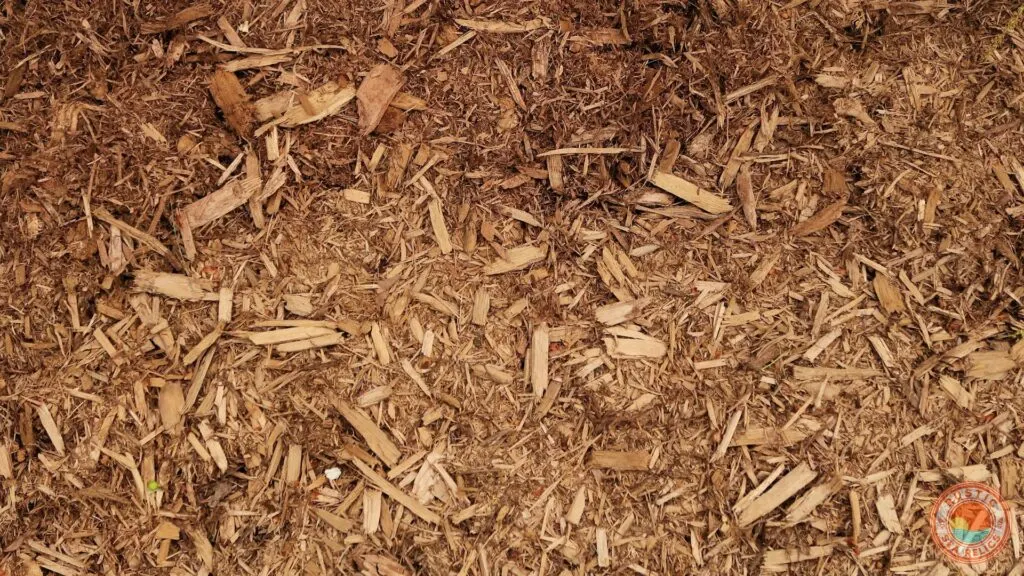
Cedar mulch is a type of organic mulch made from the wood of cedar trees.
It’s a popular choice for mulch in gardens due to its natural aromatic properties, attractive appearance, and potential benefits for plants and soil.
Eucalyptus Mulch
Eucalyptus mulch, with its pleasant aroma, is ideal for South Florida gardens.
It not only helps with moisture retention but also acts as a deterrent for pests due to the natural oils in eucalyptus leaves.
Hardwood Mulch
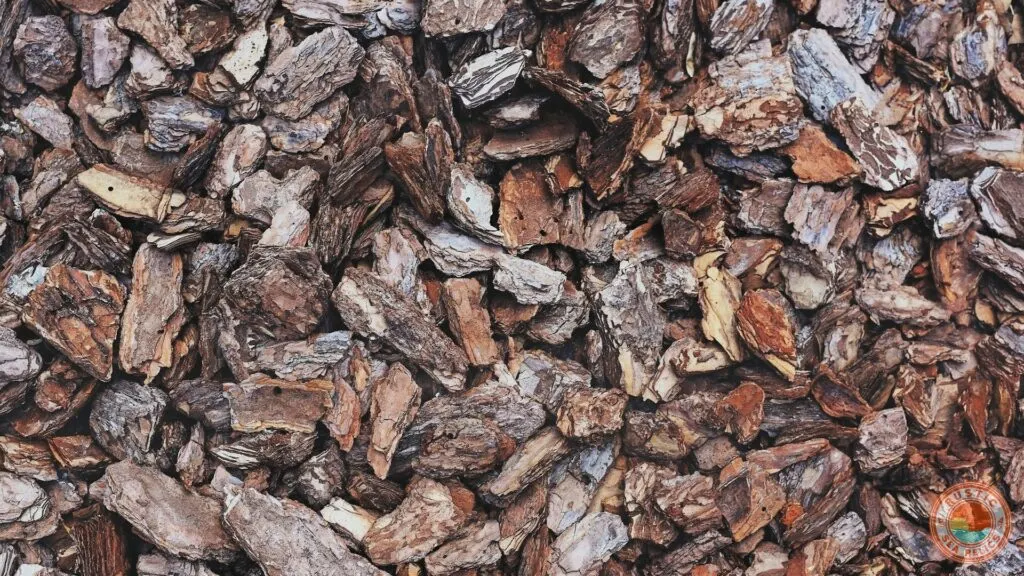
Hardwood bark mulch, such as wood chips or bark mulches, is versatile.
It can be used in various parts of your landscape.
Often times, companies add dye to make red mulch to add visual interest to a garden.
It’s a good choice for large garden areas, around trees, and even in vegetable gardens.
Melaleuca Mulch
Utilizing the invasive melaleuca tree helps control its spread while benefiting the garden.
It offers natural insect repellent properties and contributes to sustainability efforts.
Pine Bark Mulch
Known for moisture retention and weed suppression, pine bark mulch is available in various sizes.
Made from pine tree bark and pine chips, it helps improve soil structure as it decomposes.
Leaf Mulch
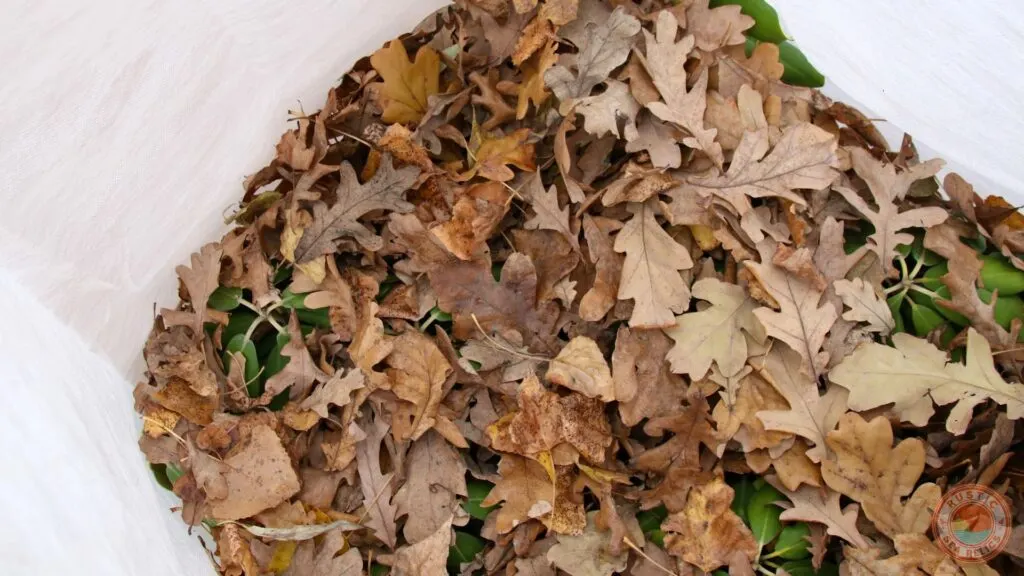
Instead of tossing the leaves in your yard in the garbage, use them for garden mulch.
Shredded leaves are an excellent source of organic matter.
They add nutrients to the soil as they decompose, promoting soil health.
Grass Clipping Mulch
If pesticide-free, grass clippings can be used to recycle nutrients back into the soil while minimizing waste.
Seagrass Mulch
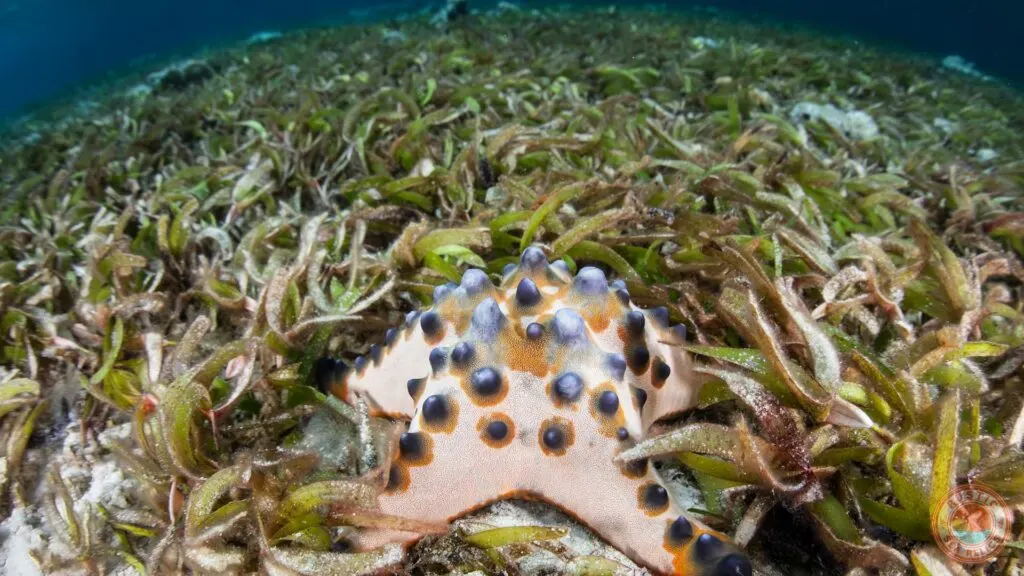
Florida gardeners can benefit from seagrass mulch.
This mulch enhances soil fertility and structure while aligning with local ecosystems.
Straw Mulch
A temporary option for protecting young plants and seeds, straw mulch can also be tilled into the soil to enrich it.
Compost
Although not a traditional mulch, spreading compost over the soil surface enriches it with nutrients and improves microbial activity.
Rubber Mulch
If you prefer inorganic mulches, rubber mulch provides insulation and ground cover for a long time.
In addition, it is an option for low-maintenance landscaping and those who prefer black mulch.
Rubber much works well as a utility mulch for small areas such as playgrounds.
Rock Mulch
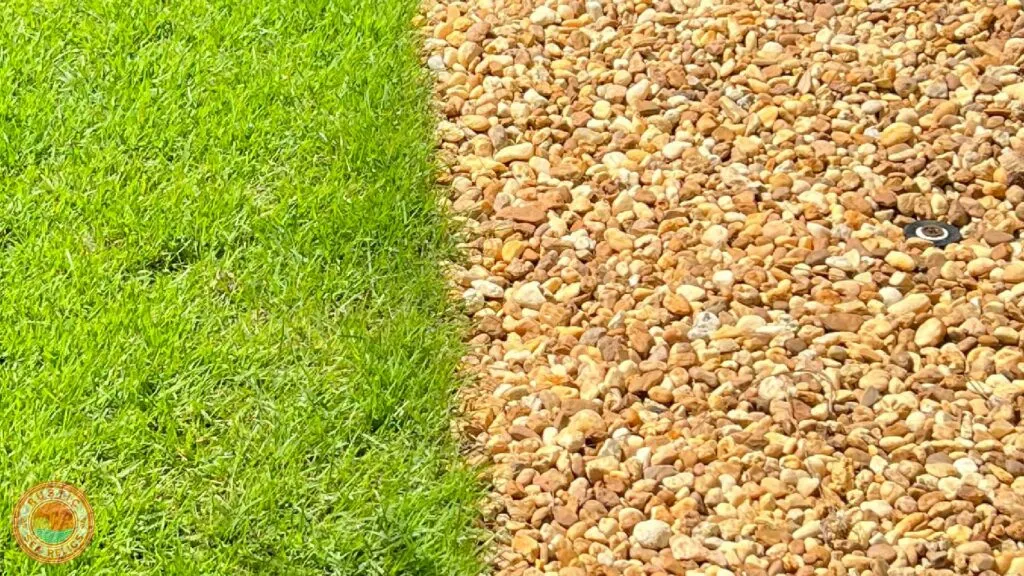
For decorative purposes and soil moisture retention, rock mulch can be an attractive option in Florida gardens.
Best Mulches for Specific Garden Types
- Flower Beds: For flower beds, consider using pine straw mulch or cypress mulch. These options retain water, and reduce weed growth. Also, it adds beauty to your garden design.
- Vegetable Garden: Organic mulch materials, like grass clippings or compost, are a good idea for vegetable gardens. They break down over time, enrich the soil with nutrients and improve soil structure.
- Fruit Trees: Pine bark nuggets or wood-based mulches are excellent choices around fruit trees. They help retain soil wetness and protect the delicate root systems.
Proper Mulching Techniques
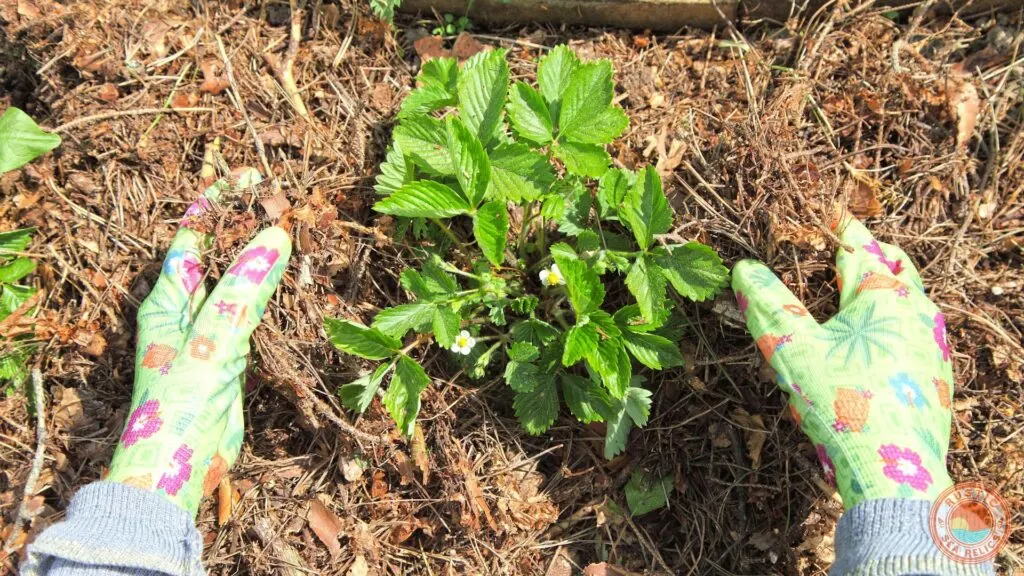
Laying garden mulch in Florida, or any region, requires proper technique to ensure that your plants benefit from moisture retention, weed suppression, and temperature regulation.
- Measure the Area: Measure the length and width of the area. Then, multiply to get the square feet. This prevents buying too much mulch.
- Prepare the Area: Clear the area of weeds with a weeder fork tool, debris, and any existing mulch that might have deteriorated. Water the soil completely before applying the mulch. Moist soil helps the mulch retain moisture and create a better barrier against weed growth.
- Choose the Right Mulch: Select a mulch type that suits your plants, soil, and climate. Consider factors like moisture retention, soil temperature regulation, and aesthetic preferences.
- Apply the Mulch: Spread a layer of mulch around 2 to 4 inches thick. This depth provides a protective layer without smothering plant roots. For trees, extend the mulch layer to the “drip line,” the outer edge of the canopy. Keep mulch away from the base of plants to prevent moisture buildup and potential rot.
- Mulch Around Plants: Gently pull the mulch away from the base of plants, creating a small gap around the stem or trunk. This prevents excess moisture accumulation and reduces the risk of disease.
- Maintain Proper Edges: Create clean edges around your mulched areas to prevent the mulch from spilling onto walkways, driveways, or lawns.
- Reapply as Needed: Mulch breaks down over time, so check its depth regularly and refill it as needed. Annual refilling is typical for most mulches.
- Consider Watering: Water the mulched area thoroughly after application. This helps settle the mulch and ensures proper contact with the soil.
By following these steps, you’ll ensure that your mulch provides optimal benefits for your plants and contributes to a healthy, thriving garden.
Florida Mulching Tips
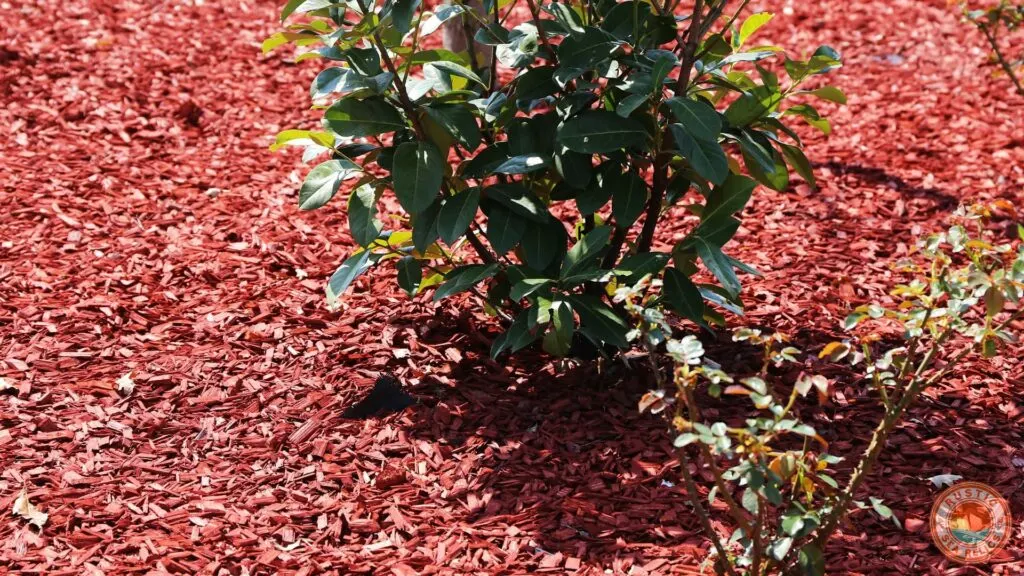
Take into account the specific needs of your garden, such as moisture retention and weed control.
Additionally, Florida’s wetlands and unique ecosystems make it important to choose mulches that are eco-friendly and compatible with the local environment.
- Moisture Management: In Florida’s hot climate, it’s crucial to maintain proper soil moisture. Water the area well before mulching and ensure consistent watering.
- Weed Prevention: Use a weed barrier fabric beneath the mulch layer, or apply a pre-emergent herbicide, to minimize weed seeds from growing.
- Mulching Around Trees: Avoid “volcano mulching,” where mulch is piled up around the trunk of a tree. This can lead to rot and other issues. Instead, create a flat, saucer-like depression around the base of the tree.
- Salt Tolerance: In coastal areas, choose mulches that are tolerant to salt, such as pine straw or eucalyptus mulch.
- Invasive Species: If you’re using melaleuca or other invasive species as mulch, ensure that they are responsibly sourced and won’t contribute to local ecological problems.
Conclusion
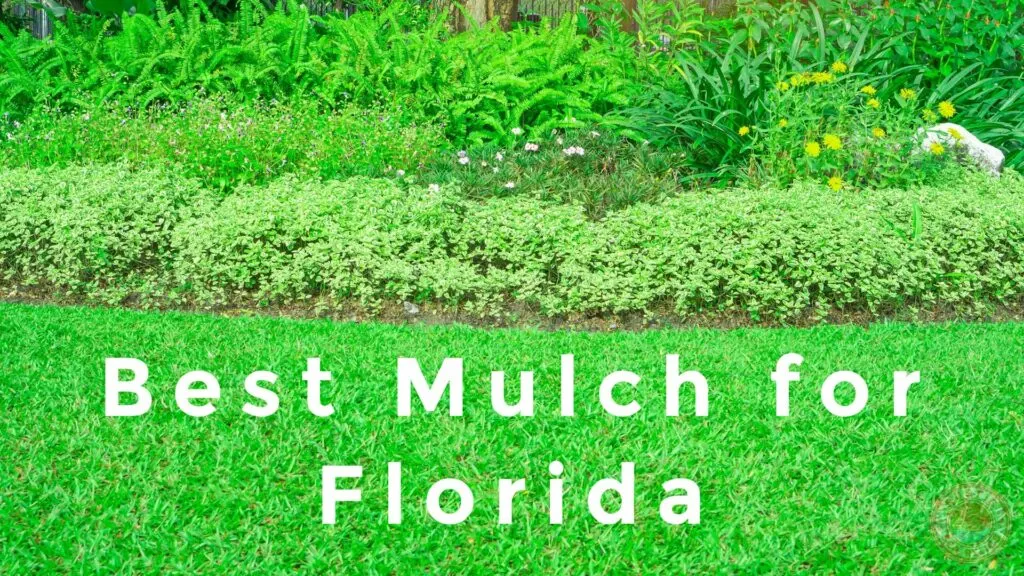
Remember that the best mulch for your Florida garden landscaping may vary based on personal taste, the uses of the area, and the types of plants you’re growing.
By selecting the right mulch and laying it the right way, you’ll provide your garden with the best chance for healthy growth and a beautiful appearance.
Consult local landscape resources, such as the University of Florida’s Florida-Friendly Landscaping™ program, for more tips to your region.
With the right information and choices, you can create a stunning and thriving landscape that shows the beauty of the Sunshine State.
Related Posts:
What is the best mulch for Florida’s climate?
The best mulch for Florida’s climate is one that can stand up to the high temperatures.
Mulches with organic materials like pine straw, cypress mulch, and eucalyptus mulch retain moisture and help regulate soil temperature.
They also slowly break down, adding natural materials to the soil.
What types of mulch are suitable for Florida’s soil conditions?
Florida has a variety of soil types, ranging from sandy soil to clay.
The different mulches that work well in Florida’s soil conditions include pine bark mulch, wood mulch, and pine needle mulch.
These mulches improve soil structure, retain moisture, and prevent erosion.
It’s important to choose a mulch that allows for proper drainage and aeration.
Which mulch options are best for high temperatures and humidity in Florida?
In Florida’s hot and humid climate, mulches that can resist high temperatures are as follows: cypress mulch, pine bark nuggets, or rubber mulch are good options.
They are tough and do not break down quickly.
What are the benefits of using mulch in Florida’s gardens and landscapes?
The benefits of using mulch in Florida’s gardens and landscapes are moisture conservation, natural weed suppressant, plant insulation, and soil erosion prevention.
